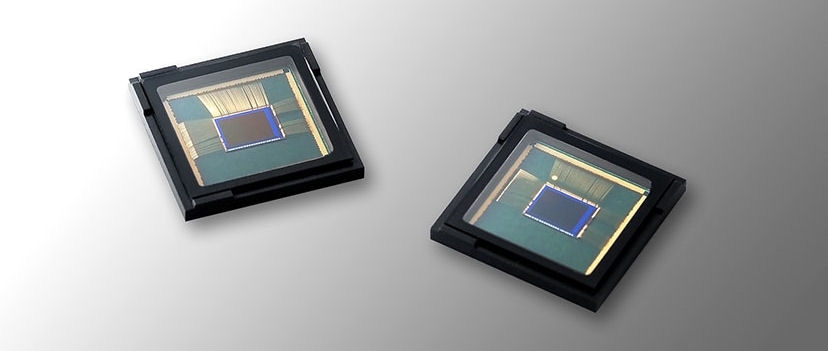Samsung Electronics, the component manufacturing arm of Samsung, has announced its 14nm ‘Low Power Plus’ manufacturing process has begun mass production of chips, with Qualcomm as a new customer.
January 14, 2016

Samsung Electronics, the component manufacturing arm of Samsung, has announced its 14nm ‘Low Power Plus’ manufacturing process has begun mass production of chips, with Qualcomm as a new customer.
The company competes with the likes of Taiwan’s TSMC for outsourced chip manufacturing business from chip companies that don’t have their own fabs, which means pretty much everyone except Intel. Having the latest process technology is key to their competitiveness.
Each successive generation of process technology tends to increase the amount of processing you get from the same sized chip, while at the same time reducing its power requirements. These kinds of improvements are especially important in mobile devices and embedded applications, which prioritise longer batter lives and low heat generation.
The LPP process is the second generation of Samsung’s 14nm FinFET process technology, which claims to offer a 15% performance improvement at the same time as 15% lower power consumption.
“We are pleased to start production of our industry-leading, 2nd generation 14nm FinFET process technology that delivers the highest level of performance and power efficiency” said Charlie Bae, EVP of Sales & Marketing at Samsung Electronics’ System LSI Business. “Samsung will continue to offer derivative processes of its advanced 14nm FinFET technology to maintain our technology leadership.”
The acquisition of Qualcomm as a customer for its latest Snapdragon 820 flagship SoC is a major coup for Samsung as Qualcomm has previously used TSMC exclusively to manufacture these kinds of chips. Qualcomm confirmed to Reuters that Samsung would be the sole manufacturer of Snapdragon 820s.
This news creates an interesting dynamic concerning the chip that will power the Galaxy S7 range Samsung is expected to unveil at Mobile World Congress at the end of February. Samsung’s own Exynos 8 chip will also be manufactured on this process but the handset division seems to be free to pick whoever it wants to supply its SoCs. Qualcomm suffered when it lost the Galaxy S6 business and winning it back would mark a significant reversal of fortune.
About the Author(s)
You May Also Like








.png?width=300&auto=webp&quality=80&disable=upscale)


_1.jpg?width=300&auto=webp&quality=80&disable=upscale)


.png?width=800&auto=webp&quality=80&disable=upscale)